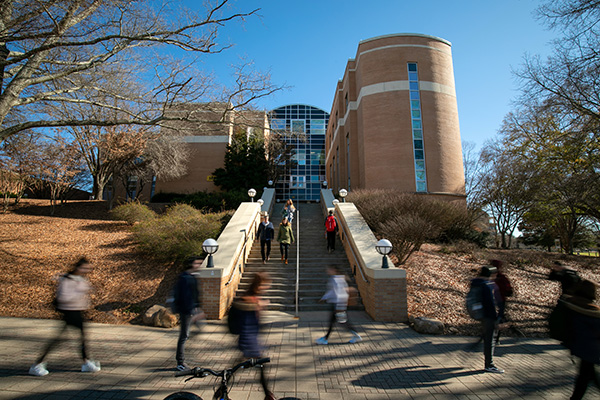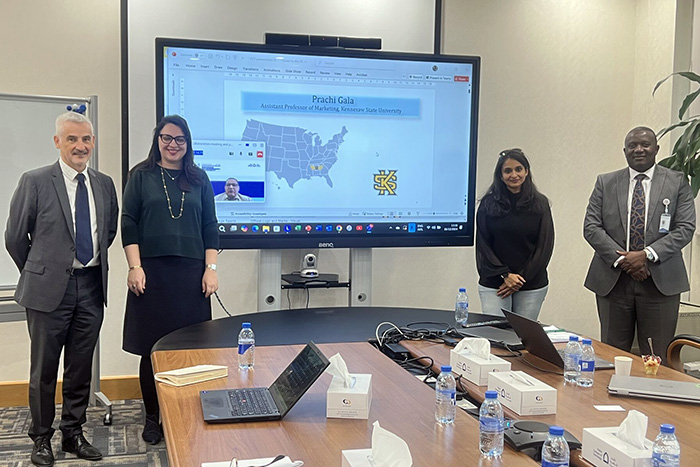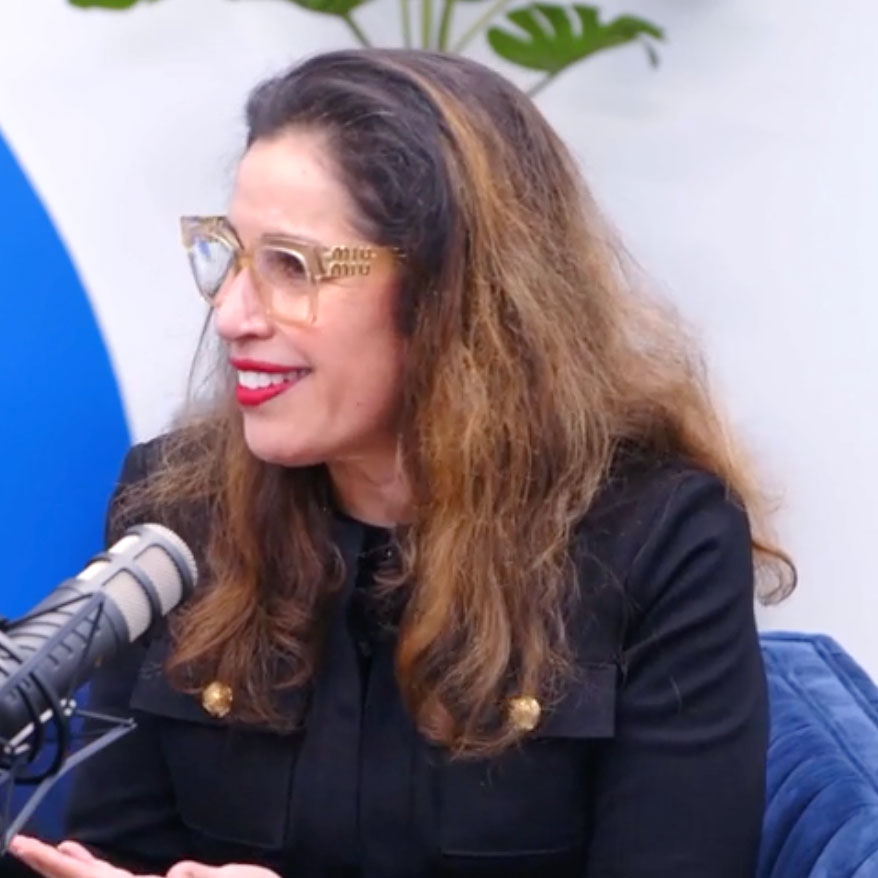
Would Ranked Choice Voting Improve U.S. Elections?
KENNESAW, Ga. | Nov 21, 2017
What if instead of choosing a single candidate on a ballot, voters could rank the candidates from best to worst?
According to Krist Novoselic, chair of the FairVote board of directors and the former bassist for the rock band Nirvana, allowing voters to rank candidates would improve voter participation and representation. Novoselic was a featured speaker at the Symposium on Voting and Election Reform held Nov. 15 at Prillaman Hall.
Organized by Coles College’s Bagwell Center for the Study of Markets and Economic Opportunity, the symposium invited representatives from FairVote to speak alongside Kennesaw State faculty about possible alternatives to the United States’ existing voting practices. FairVote is a nonpartisan organization that advocates for election reform at the local, state, and national levels.
During his presentation, Novoselic outlined the two key policy changes that FairVote wants to implement: ranked choice voting and proportional representation.

Krist Novoselic, Chair of FairVote and Former Nirvana Bassist
Ranked choice voting is a system where, instead of voting for a single candidate, voters rank multiple candidates on the ballot based on preference. If no candidate gets a majority, votes cast for the lowest-performing candidate are automatically re-cast for each voter’s second choice. Ranked choice eliminates the need for runoff elections.
Proportional representation seeks to replace the existing system where each political district has a single representative with one where districts have multiple representatives based on vote percentages. For example, if there was a multi-representative district with 10 open seats and Republicans received 60 percent of the vote while Democrats received 40 percent, then six of the representatives would be Republican and four would be Democratic.
“The voters should decide who represents them,” Novoselic said. “If we go to a proportional system, then most of the voters will have voices in their state legislatures…You would have more rural Democrats and more urban Republicans because that’s what the voters would want. And there would be space for third parties and independents.”
He added, “With ranked choice voting, you can accommodate independent candidates. You could have a party nominate two or three candidates and not split the race.”

Novoselic, who helped change the face of popular music in the 1990s as a member of the band Nirvana, has been an advocate for election reform for 20 years. In 2004 he wrote the book Of Grunge & Government: Let’s Fix this Broken Democracy! He joined FairVote in 2005 and became its chair in 2008.
The Symposium on Voting and Election Reforms is the first major event for the newly formed Bagwell Center for the Study of Markets and Economic Opportunity. The Center’s mission is to teach students the important connections between free-market institutions, individual choice, and economic outcomes.
Dr. Tim Mathews, a professor of economics and the Center’s director, says the goal of the symposium was to apply the microeconomic principle of social choice mechanisms to the voting process to determine whether changes could lead more voters to feel like their elected officials truly represent them.
According to Mathews, to be a successful social choice mechanism, a ranked choice voting system should meet several key criteria. It must produce a complete ranking of choices from best to worst, it must be unanimous, no one voter should impose his or her choice on the rest, and choices must be independent of irrelevant alternatives.
Based on a theorem published in 1972 by the economist Kenneth Arrow, no social choice mechanism can ever meet all these criteria. However, Mathews said this does not mean voters should abandon ranked choice voting as a possible replacement to the current system. Because nothing is perfect, the task of election reform means choosing a method that meets as many criteria as possible.
“I don’t want the takeaway to be that democracy and voting are never good, because I think it is good to have a system where people have a say,” Mathews said. “But you should also recognize the limitations and begin to recognize how the voting rules and systems can impact the social choices we get.”
Novoselic echoed this sentiment, adding that if students want to see real change in politics, they need to learn to work together.
“There’s power in numbers,” he said. “When you work by yourself, you might be crusading. There’s a difference between doing meaningful work and crusading…Meaningful work takes time.”
In addition to Novoselic and Mathews, the Symposium on Voting and Election Reforms included presentations from Dr. Brett Katzman, professor of economics; James Boudreau, a visiting professor of economics, Dr. Kerwin Swint, professor of political science; and Rob Richie, co-founder and executive director of FairVote. The event also included a screening of the film Rigged, introduced by Dr. David Shock, professor of political science.
- Patrick Harbin


















